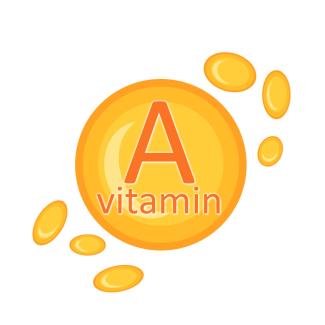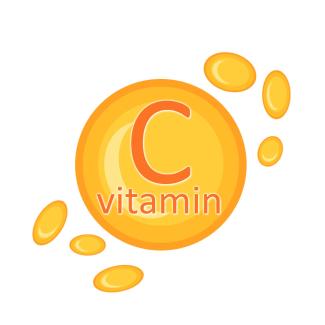
Several vitamins are essential for maintaining healthy facial skin. Below, I will describe some key vitamins, their sources, and recommended daily intakes (RDIs). It's important to note that individual requirements may vary, so consult with a healthcare professional for personalized recommendations.
- Vitamin A:
- Importance: Vitamin A plays a crucial role in skin development and maintenance, as well as maintaining its appearance.
- Sources: It can be obtained from foods such as carrots, sweet potatoes, spinach, broccoli, eggs, and liver. It can also be derived from beta-carotene found in foods like carrots, apricots, pumpkin, and mango.
- RDI: The recommended dietary allowance (RDA) for adult women is 700 micrograms, and for adult men, it's 900 micrograms.
- Vitamin C:
- Importance: Vitamin C is an antioxidant that aids in collagen production and helps keep the skin healthy and youthful.
- Sources: It is found in citrus fruits like oranges, lemons, tangerines, as well as in bell peppers, strawberries, broccoli, and spinach.
- RDI: The RDA for adult women is 75 milligrams, and for adult men, it's 90 milligrams.
- Vitamin E:
- Importance: Vitamin E protects the skin from harmful free radicals and helps maintain its elasticity.
- Sources: It can be found in nuts, seeds, olive oil, spinach, avocado, and fish.
- RDI: The RDA for both adult women and men is approximately 15 milligrams.
- Vitamin D:
- Importance: Vitamin D plays a role in wound healing and supports overall skin health.
- Sources: Natural sources of vitamin D include sunlight, and dietary sources include fatty fish, eggs, and vitamin D-fortified dairy products.
- RDI: The recommended daily intake for adults is typically 600-800 IU (International Units).
- Vitamin K:
- Importance: Vitamin K may help reduce dark circles under the eyes.
- Sources: It is found in leafy greens like spinach, kale, broccoli, and also in liver and certain oils, such as olive oil.
- RDI: There is no exact recommended daily intake for vitamin K, as the body typically synthesizes enough on its own, but it's advisable to include foods rich in vitamin K in your diet.
It's important to understand that individual vitamin and nutrient needs can vary based on factors such as gender, age, genetics, diet, and lifestyle. The best way to ensure healthy skin is to maintain a balanced diet with a variety of foods rich in vitamins and minerals and to stay adequately hydrated.
Recommended daily intakes may vary depending on different sources and experts, so it's always best to consult with a registered dietitian or dermatologist to determine what would be most appropriate for your specific needs. In addition to nutrition, proper skincare and sun protection are also crucial for maintaining healthy and beautiful facial skin.






